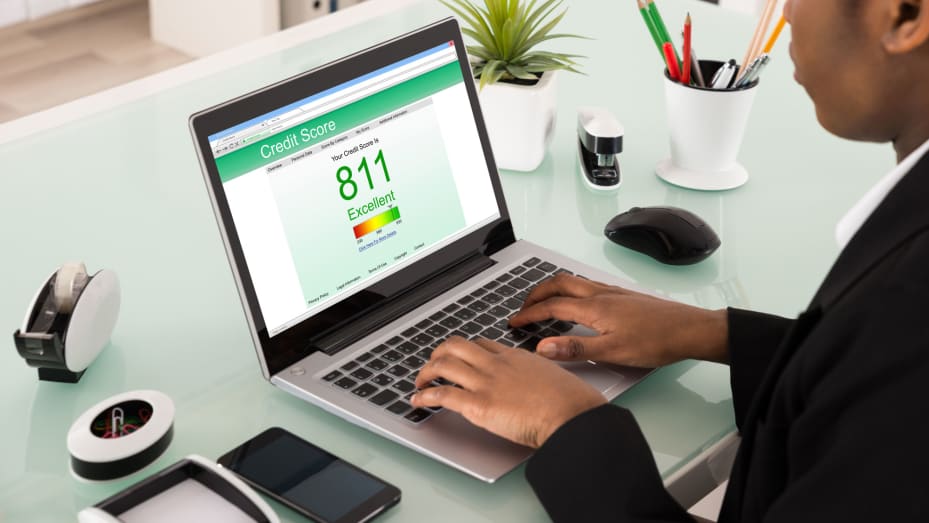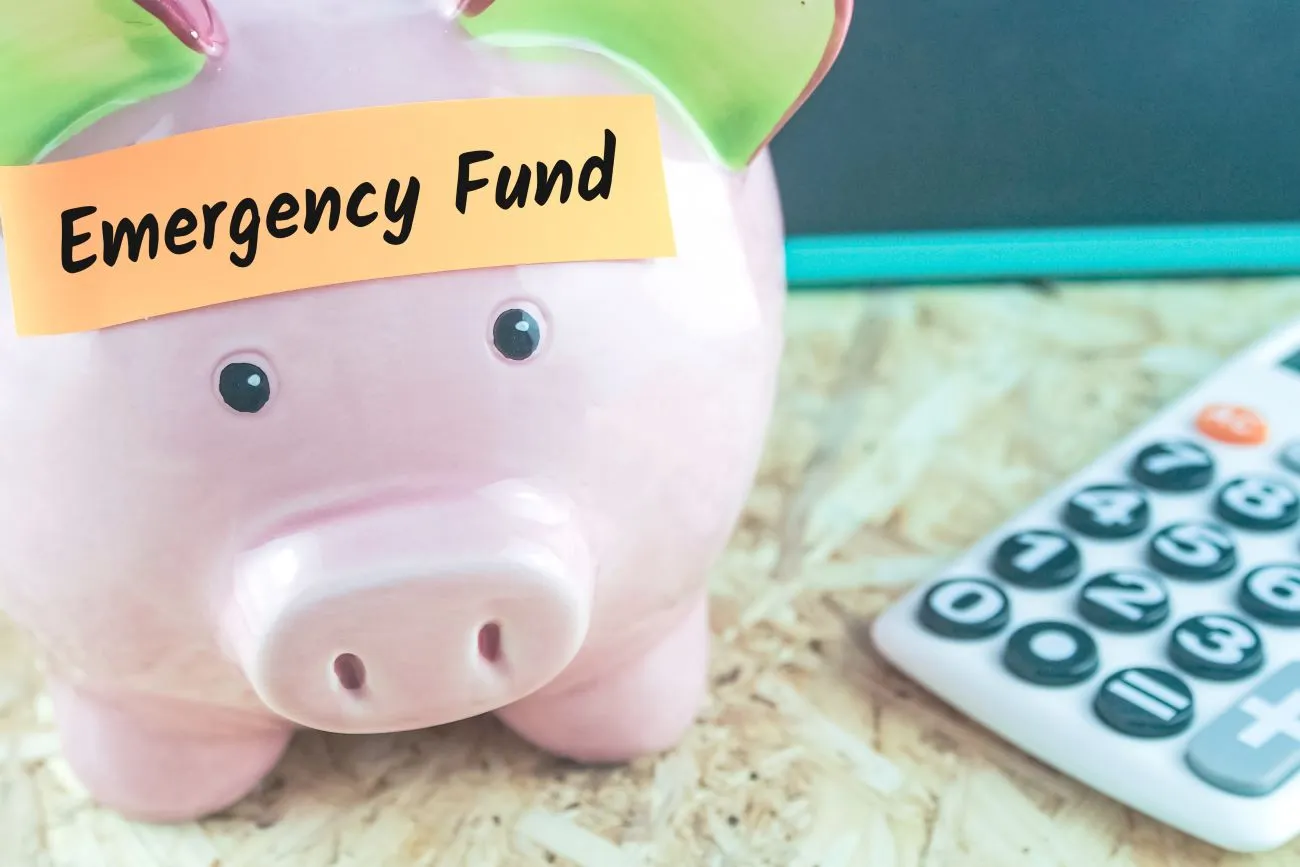Budgeting reflects a true financial picture of yours and is a reality check for those daydreaming about being in the black. It, undoubtedly, paves the way for accomplishing your financial goals, be it an emergency cushion or saving for planned expenses. There are several budgeting methods, and not all of them will agree with your financial situation, so try all of them out and stick to the one that accommodates your goals.
Budgeting does not have to be time-consuming, tedious and stressful. Use budgeting apps if you do not take kindly to a manual spreadsheet. Linking it to all your accounts will enable it to fetch all transactions automatically and show them in one place to let you have a clear picture of your finances, no doubts at all.
Financial experts suggest budgeting because you can avoid banking on no guarantor loans from a direct lender when caught off guard by unforeseen expenses. Loans are expensive even if you manage to pay them off on time. With the help of budgeting, you can keep a tight rein on your money.
3 key rules for budget beginners
Here are the three rules that everyone must follow when looking to create a budget for the first time and finding it hard to do so:
- Pay yourself first
As soon as you receive your income, you should set aside a portion of it immediately so you know you have to cover all of your expenses from what you are left with. Whatever you stash away depends on your income and expenses, which can be 10% or 20%.
Be honest with your savings. In the temptation to have more disposable money, you can slash your savings budget, but this will add up to your financial problems in the long run when you do not have enough money to fall back on.
Even if it is just a paltry sum, stick to it – after all, many a mickle makes a muckle. However, do not get satisfied just there. A rule of thumb says that you should whittle down your expenses so as to have more savings.
Look over your statement to review your expenses and then figure out the ways to cut them down. Pay heed to discretionary expenses. For instance, you can reduce your food orders or takeaways. Brainstorm how you can be in better control of your money. For example, you should find out how you can reduce our insurance costs. Your creative strategies will help you contribute more to your savings for a rainy day.
- Treat cash as king
The convenience of credit cards prompts you to hinge on them for most of your transactions, a big culprit for losing track of your spending, and obscurity in your expenses leads to a wrongful appraisal of your financial situation.
The best way is to use your debit card for all of your transactions. One of its benefits is that you will not miss any details and do not have to record each tiny expense in your notebook. At the end of the month, you will know how much you have paid in total and where.
If you manage to retain some cash, you can transfer it to your emergency corpus. Credit cards should be discouraged as you may fail to have an accurate account of your spending. Since you do not know how much you are paying, you will likely end up in the red before the end of the month. As a result, you will dip into your emergency cushion for your regular expenses.
Using cash does not fix your financial problems, but this can help curb overspending. If your emergency cushion falls short of cash you will still need to take out a young person loan.
- Do not throw caution to the wind
You are not bad at budgeting if you are to borrow money, provided you are not facing a cash shortfall due to your poor spending habits. However, at the time of borrowing, you should carefully scrutinise your repaying capacity. You are to pay interest on top of the principal. This will further shrink your budget and influence your buying power.
If you are completely confident that you will be able to repay the debt on time and you can easily cover your monthly expenses, including unexpected ones, until the next payday, you should consider it.
If you know you will struggle with your finances and still need to borrow money, you should turn to your friends and family. It may sound like going cap in hand to someone, but they will be willing to help you if you promise to pay the money back to them on time.
Before borrowing money, you should ask yourself the following questions such as:
- Do you actually need to borrow money? Is it possible to put off your purchase?
- Is the nature of your purchase discretionary?
- Will you be able to pay back the money?
- Is it a recurring expense for which you are borrowing money?
To wrap up
Budgeting is vital to stay on top of your expenses. There are various methods for budgeting. Try all of them and then determine which one best works for you. However, remember that you will have to keep changing your budgeting technique periodically.
Whatever the method you follow, make sure that you pay yourself first. You will find it hard to achieve your financial goals without building a nest egg. Avoid using your credit card. Instead, use cash to track your transactions. You will be in control of your money when you know where it is going. If you still need to borrow money, make sure you can afford to pay it back. Drop the idea of using a loan if you will not be able to pay it back and find it hard to meet recurring expenses because of debt payments. Determine carefully the need for a loan. Make sure you are not borrowing for impulsive spending.






